Imagine sitting at a coffee shop with a friend. You’ve known each other for years, but today, you notice a change in her. She’s quiet, withdrawn, and anxious. You want to help, but you’re unsure how to approach the subject of her mental health. Should you bring it up? Will it make her uncomfortable? Sadly, this hesitation is common. Despite the growing awareness of mental health, many of us still struggle with discussing it openly. Yet, these mental health conversations are exactly what can break down stigma, foster empathy, and create support systems that people desperately need.

Here, we’ll dive into the importance of mental health conversations and how they contribute to reducing stigma, improving our mental well-being, and encouraging open, supportive discussions in our communities. By understanding the role of these conversations, we can all be part of a movement to eliminate harmful stereotypes and misconceptions.
Why Mental Health Conversations Matter
The Power of Open Dialogue
Mental health conversations are critical for many reasons. They serve as the first step in reducing the stigma that still surrounds mental health challenges, such as anxiety, depression, and PTSD. Historically, mental health was often misunderstood, with those suffering from conditions being judged harshly or even ostracized. Today, open conversations can lead to greater understanding, better access to care, and, importantly, emotional support from others who have gone through similar struggles.
Statistical Insights on Stigma and Its Impact
- According to the National Alliance on Mental Illness (NAMI), approximately 1 in 5 adults in the U.S. experiences mental illness each year. Despite this prevalence, stigma remains one of the biggest barriers to seeking help. Studies show that up to 40% of individuals with mental health challenges delay seeking treatment due to fear of being judged.
- Research from the American Psychological Association indicates that reducing stigma through mindful living and open dialogue can increase the likelihood that individuals will seek treatment and improve their overall quality of life.

Understanding Stigma and Its Roots
A Brief History of Mental Health Stigma
The stigma surrounding mental health has ancient roots. In past centuries, mental illnesses were often seen as the result of supernatural forces or moral failings. It wasn’t until the 19th century, with the work of pioneers like Philippe Pinel and Dorothea Dix, that mental health care began to be seen as a medical issue that deserved compassionate treatment. The 20th century saw further advancements, particularly in mental health education and advocacy campaigns like the UK’s Time to Change and Australia’s Beyond Blue, which were instrumental in shifting societal views.
How Stigma Affects Mental Health
Stigma often leads to misunderstanding and alienation. Those who experience mental health challenges might avoid talking about their feelings for fear of being judged or labeled. Education and open conversations can help reduce these feelings of shame and isolation, promoting empathy and a more supportive environment for everyone.
The Science Behind Stigma Reduction
Contact Hypothesis: The Key to Understanding
One powerful way to reduce stigma is through direct interaction and shared experiences. This theory, known as the Contact Hypothesis, suggests that when individuals from different backgrounds or experiences interact, they can reduce prejudices and misconceptions. Applied to mental health, having open conversations with those who have experienced mental health challenges can significantly decrease stigma and increase acceptance.
The Role of Personal Stories
Studies show that hearing personal stories from individuals who have lived with mental health challenges activates the brain’s prefrontal cortex, which is responsible for empathy and understanding. By sharing our struggles and listening to others, we build bridges of connection that break down walls of stigma.
5 Powerful Ways Mental Health Conversations Reduce Stigma
Mental health is an essential part of our overall well-being, but for many years, it has been overshadowed by stigma, fear, and misconceptions. People often avoid discussing mental health because of the negative stereotypes or shame associated with it. However, one of the most effective ways to challenge and eventually reduce mental health stigma is through open conversations.

When we begin discussing mental health openly, we create a safe environment where individuals feel empowered to share their experiences without fear of judgment. In this article, we’ll explore five powerful ways that mental health conversations can help reduce stigma and promote understanding, using techniques such as mindful living and compassionate dialogue.
1. Opening Up Leads to Greater Empathy
One of the most impactful ways mental health conversations reduce stigma is by fostering empathy and compassion. When individuals hear firsthand accounts from those who have experienced mental health challenges, it helps them connect with others on a deeper level. These shared experiences humanize the issue and show that mental health conditions are not signs of weakness, but common struggles that can happen to anyone.
Why this works:
- Personal stories provide context and understanding, which breaks down barriers of fear and misunderstanding.
- Listening to someone’s journey helps others see mental health as an important part of life, just like physical health.
- By sharing and listening, we create a supportive network where people can feel understood and validated.
Benefits of empathetic dialogue:
- Encourages emotional support from family, friends, and colleagues.
- Reduces feelings of isolation and alienation for those struggling with mental health issues.
- Promotes a more inclusive and compassionate community.
2. Normalizing Mental Health Conversations in Daily Life
Another powerful way mental health conversations help reduce stigma is by making them a regular part of everyday interactions. When we incorporate discussions about mental health into our daily lives—whether at work, in schools, or within families—we send a clear message that talking about emotions, struggles, and well-being is just as normal as talking about physical health.
Why this works:
- It helps to break down the taboo surrounding mental health.
- The more we talk about mental health as a part of normal life, the more we begin to see it as a shared, human experience.
- Integrating mental health conversations into casual interactions helps to dismantle harmful stereotypes and misconceptions.
Strategies for normalizing conversations:
- Encourage open conversations in the workplace by fostering a culture where mental health topics can be discussed without hesitation.
- Introduce mental health discussions in schools, especially for young people, to build emotional literacy and resilience.
- Create social settings where people can share their struggles openly, such as support groups or wellness workshops.
Outcomes:
- Reduces silence and discomfort surrounding mental health issues.
- Creates a non-judgmental space where people feel safe to talk about their mental well-being.
- Enhances overall community mental health by promoting positive attitudes and behaviors.
3. Educating and Raising Awareness Through Dialogue
Educating the public about mental health is essential to reducing stigma, and mental health conversations play a key role in this process. When we engage in open conversations about mental health, we have the opportunity to provide accurate information, challenge misconceptions, and highlight the importance of seeking help. Education through dialogue helps to replace ignorance and fear with understanding and acceptance.

Why this works:
- By providing reliable, science-based information about mental health, we help dispel myths and misunderstandings that fuel stigma.
- Educating people about the signs and symptoms of mental health conditions empowers them to identify issues in themselves or others and seek timely support.
- Mindful living practices, like focusing on self-care and emotional well-being, are also promoted through these educational conversations.
Key ways to educate through conversation:
- Share resources such as articles, books, and documentaries that provide accurate and useful information about mental health.
- Invite mental health professionals or advocates to speak at community events, schools, or workplaces.
- Utilize open conversations to challenge negative stereotypes and replace them with informed, balanced perspectives.
Impact of education:
- Reduces the fear of the unknown, making people more open to discussing mental health openly.
- Encourages individuals to seek professional help earlier, which can improve outcomes for those struggling with mental health issues.
- Breaks down harmful myths about mental health, such as the idea that people with mental health conditions are dangerous or unproductive.
4. Building Safe Spaces for Honest Discussions
Creating safe spaces for honest mental health conversations is an essential component in reducing stigma. These spaces allow individuals to express themselves freely without the fear of being judged or ridiculed. When we create environments where people feel safe to discuss their feelings and mental health, we enable them to open up and seek support. These safe spaces also promote understanding, as people are more likely to listen, share, and empathize with others in non-judgmental environments.
Why this works:
- Mindful living encourages creating spaces where people can be authentic and vulnerable, which is crucial for fostering honest, meaningful conversations.
- People feel more comfortable opening up about their struggles when they know they are not at risk of being stigmatized.
- When mental health issues are discussed openly in supportive environments, it becomes easier for others to join the conversation and share their experiences.
How to create safe spaces:
- Provide designated times or locations (such as therapy sessions or support groups) for individuals to talk about mental health openly.
- Encourage open conversations where people can speak about their mental well-being without fear of discrimination or invalidation.
- Use inclusive, person-first language (e.g., “a person living with depression” instead of “a depressed person”) to reduce negative labeling.
Results of safe spaces:
- Individuals are more likely to feel heard, validated, and supported.
- Creates a network of individuals who are ready to support one another.
- Helps combat the fear and anxiety associated with seeking help for mental health concerns.
5. Encouraging Positive Language and Changing the Narrative
The language we use when discussing mental health has a significant impact on how people perceive it. By promoting mindful living and encouraging the use of respectful, positive language in mental health conversations, we can shift the narrative from one of fear and shame to one of empowerment and support. Small changes in the way we talk about mental health can have a profound impact on how it is viewed by society.
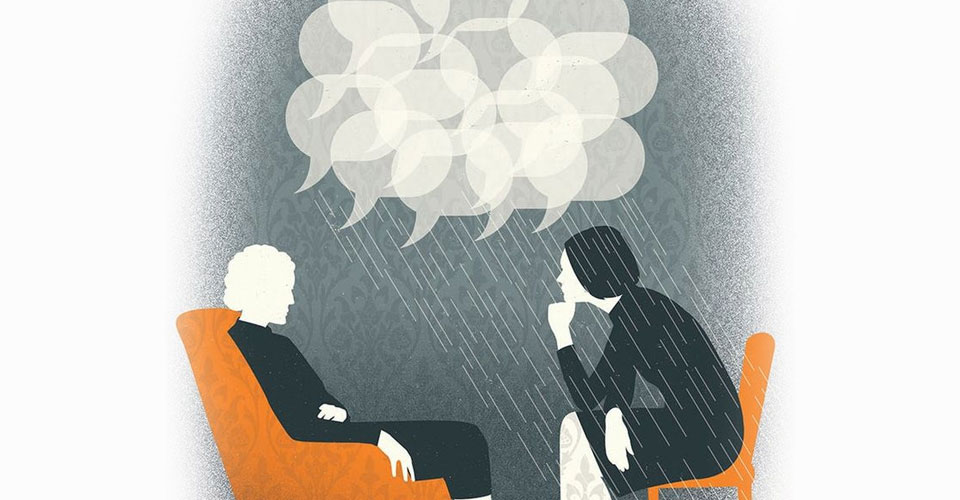
Why this works:
- Language shapes attitudes. Using positive, non-stigmatizing language can help people see mental health challenges as something manageable, rather than something to be feared or ashamed of.
- Mindful living emphasizes being aware of how we talk about mental health and making an effort to avoid harmful, stigmatizing words.
- Shifting the conversation from a deficit-based perspective (focusing on illness) to a strengths-based perspective (focusing on resilience, growth, and recovery) can foster hope and positivity.
How to change the narrative:
- Encourage the use of language that focuses on the person, not the condition. For example, “a person with anxiety” instead of “an anxious person.”
- Avoid using derogatory terms or phrases that perpetuate negative stereotypes, such as “crazy” or “unstable.”
- Share uplifting and positive stories of recovery to help change the overall narrative surrounding mental health.
Impact of positive language:
- Reduces the negative labeling that often accompanies mental health challenges.
- Promotes a culture of acceptance and understanding.
- Helps individuals feel empowered to seek help and engage in recovery without fear of judgment.
Breaking the stigma surrounding mental health requires a collective effort, and mental health conversations are one of the most powerful tools we have at our disposal. By engaging in empathetic, open conversations, we can build understanding, reduce fear, and encourage people to seek the help they need. Through education, creating safe spaces, and promoting positive language, we can shift the narrative around mental health and foster a more supportive, inclusive society. Together, we can create a world where mental health is viewed as an integral part of overall well-being, and where everyone feels empowered to speak openly about their mental health without fear of judgment.
Who Can Benefit from Mental Health Conversations?
Target Groups
- The General Public: Everyone can benefit from increased awareness and the debunking of myths surrounding mental health.
- Students and Youth: Early conversations can shape positive attitudes toward mental health, encouraging young people to seek help when needed.
- Workplaces: Workplaces benefit when employees are encouraged to discuss their mental health openly, leading to healthier, more productive environments.
- Caregivers and Families: Family members and caregivers can support loved ones by fostering open dialogue and using supportive language.
- Healthcare Providers: Medical professionals can help reduce biases by engaging in conversations that prioritize patient well-being over stigma.
How to Foster Effective Mental Health Conversations
Creating Safe Spaces
For conversations to be productive, it’s essential to create safe spaces where individuals can express their feelings without fear of judgment. Whether in a support group, at work, or within a family setting, these safe environments encourage honesty and vulnerability.
Promoting Education and Awareness
Educational programs are an excellent way to introduce accurate mental health information. Through workshops, seminars, and media campaigns, we can correct misconceptions and raise awareness about common mental health challenges.
Storytelling: The Heart of Connection
Encouraging individuals to share their personal experiences can be an incredibly powerful tool. These narratives help humanize the experience and make it easier for others to relate. Stories of recovery and resilience can inspire hope and reduce the stigma surrounding mental illness.
Key Takeaways: Why Mental Health Conversations Are Crucial
- Increased Empathy: Open dialogue fosters understanding and compassion.
- Reduced Stigma: Personal stories and education can help debunk harmful myths.
- Better Access to Care: Reducing stigma encourages individuals to seek help.
- Improved Social Support: Talking openly creates supportive networks for those struggling with mental health issues.
At a Glance
| Key Aspect | Key Points |
|---|---|
| What is Stigma? | Negative perception and discrimination related to mental health. |
| How to Reduce Stigma? | Open conversations, education, storytelling, and creating safe spaces. |
| Who Can Benefit? | General public, youth, workplaces, caregivers, and healthcare providers. |
| Key Benefits | Increased empathy, reduced stigma, improved mental health care access. |
FAQs
Q1: Why are mental health conversations so important?
Mental health conversations help reduce stigma, encourage empathy, and increase the likelihood that individuals will seek professional help when needed.
Q2: How can workplaces benefit from mental health discussions?
By encouraging open discussions about mental health, workplaces can create supportive environments, boost employee morale, and reduce absenteeism.
Q3: Can talking about mental health really reduce stigma?
Yes, research shows that open, mindful living discussions about mental health can significantly reduce stigma and increase understanding.
Let’s Keep Talking
By engaging in mental health conversations, we can contribute to a future where emotional well-being is treated with the care and respect it deserves. These discussions are not just important; they are transformative. When we make the effort to speak openly, we pave the way for a world where mental health is no longer hidden in the shadows, but embraced and understood. It’s time to break the stigma—one conversation at a time.

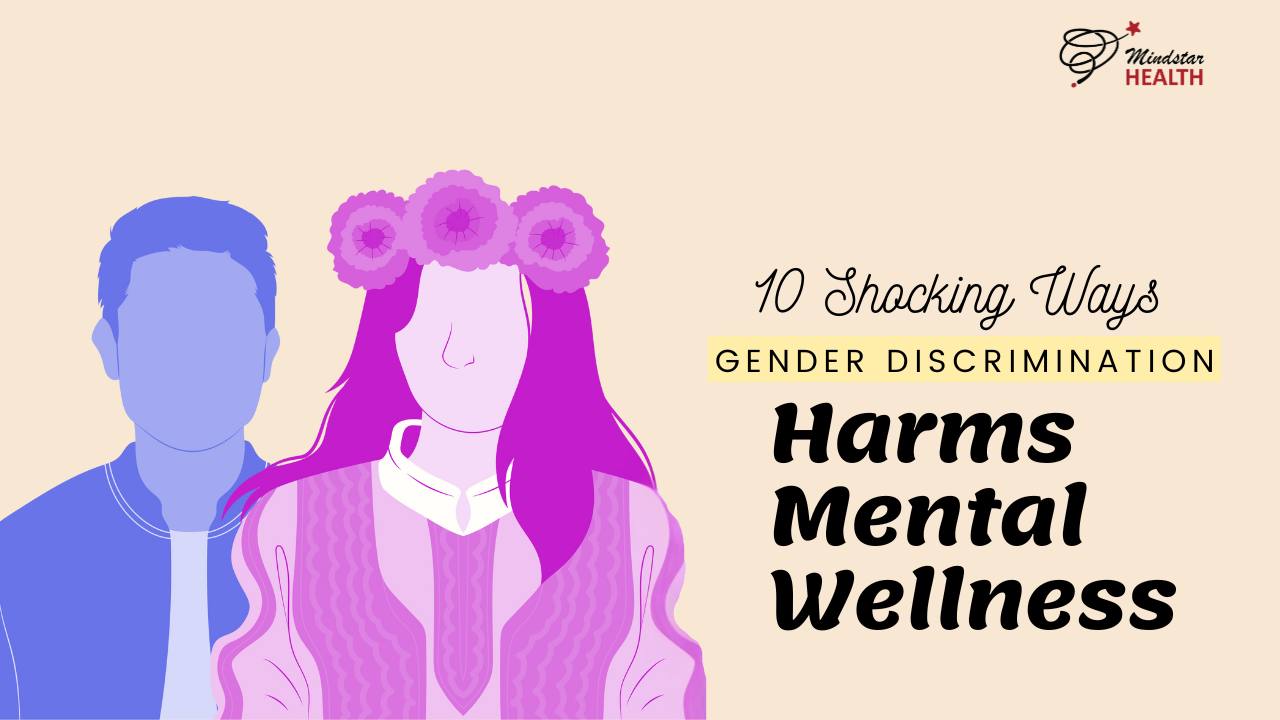
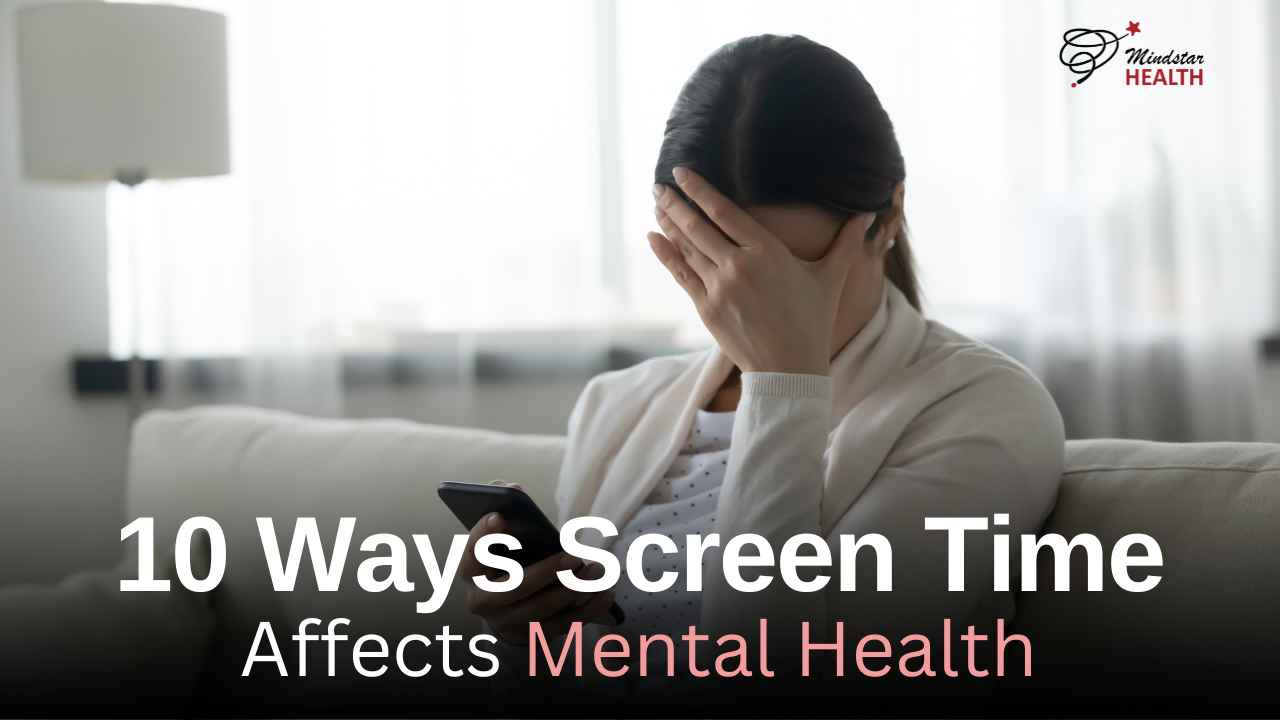

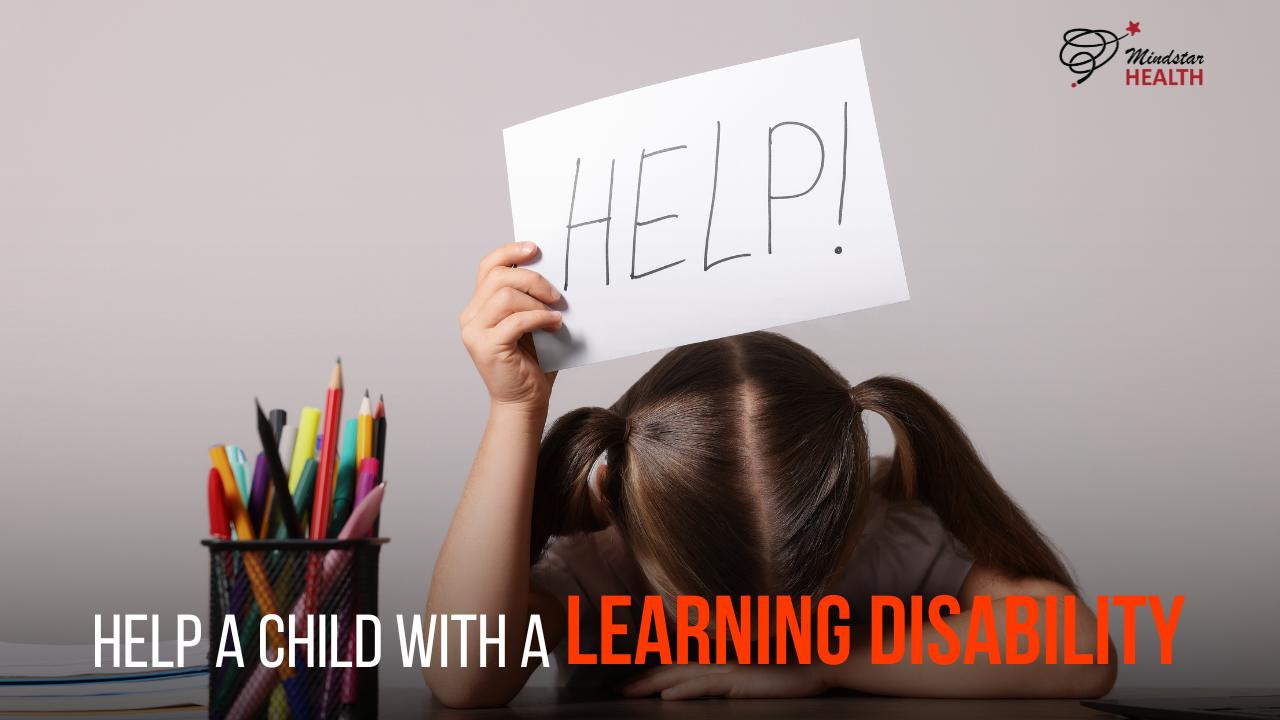











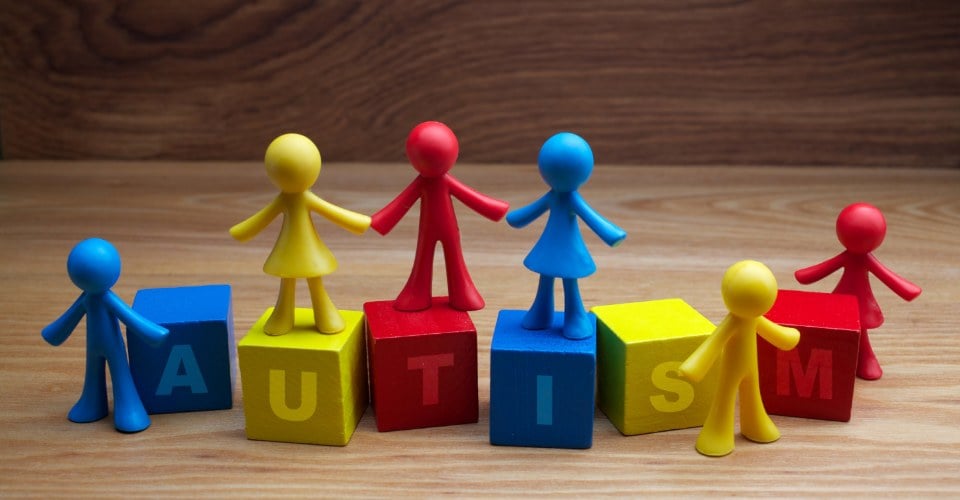




Leave a Reply
You must be logged in to post a comment.